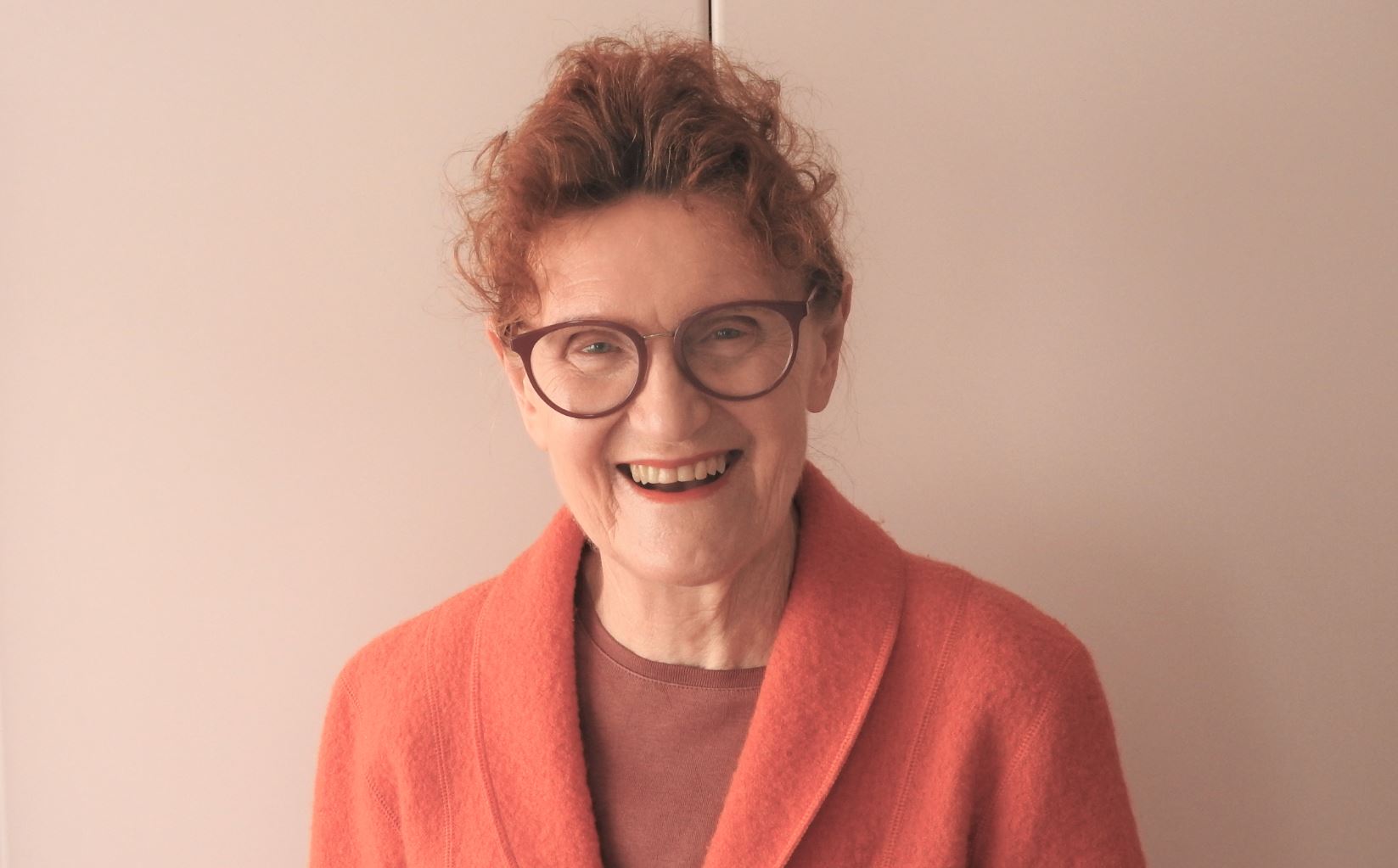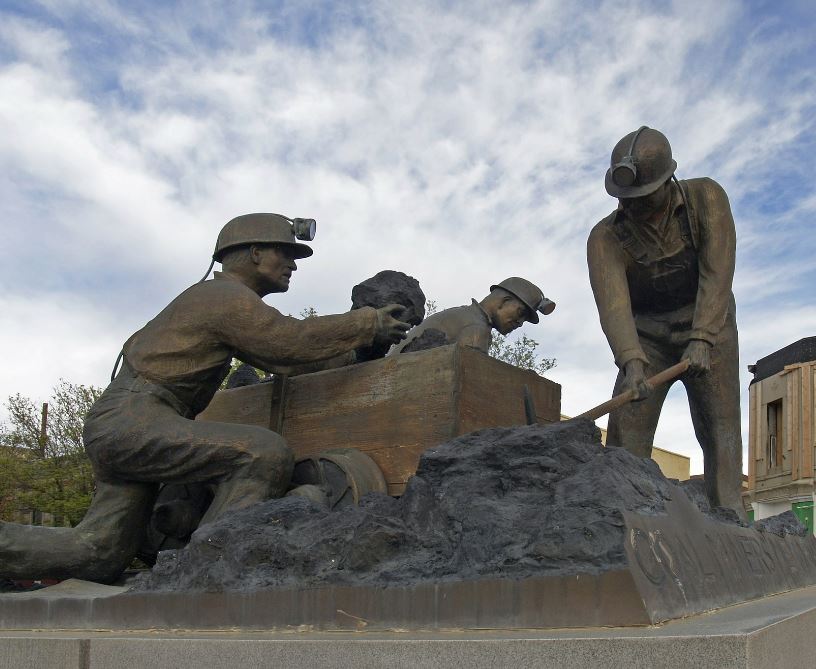
Distinguished Flinders University workplace sociologist Professor Claire Williams is worried about the future of employment and safety of workers.
In spite of years of reforms and industrial action, a great deal of employment has become “precarious,” eroding industrial rights and worker safety, says Professor Williams, who has just been inducted as a fellow of the Australian Academy of Social Sciences (11 November 2019).
Sociologist of work Professor Williams, who worked at Flinders University for 20 years before retiring in 2003 to continue her important research as an adjunct academic, has spent her life studying some of the most arduous working conditions.
This spanned the tough unionised life of central Queensland coalmining families in the 1970s, air ‘hostesses’ who were segregated into their own trade union due to gender barriers in the 1980s, sexual harassment of gay male flight attendants and others, cleaning and catering staff in public hospitals, along with Aboriginal workers culturally committed to do often complex human service work and voluntary work in their communities “to make a difference”.
The research led to germinal reference books on working conditions, starting with Open Cut (1981), the book based on her PhD working class mining industry study, and Blue White and Pink (1988) based on case studies of service economy workers including the flight attendants, white collar workers and technicians.
“I sought to be part of establishing a solid ‘sociology of work’, grounded in empirical studies in Australia,” says Professor Williams.

Professor Williams says her extensive research has engaged with the rights-based tradition in employment and the right to work without incurring illness and injury.
“For example, the occupational health and safety (OHS) is exemplified in my study of conditions for workers in the timber industry in South Australia’s South East, including women as well as men and inclusive models of OHS.
“In my lifetime, I’ve seen work change rapidly. Hopefully my research has highlighted some of the problems in Australian workplaces and helped to formulate policies to improve conditions.
“Over the years, I’ve focused on the impact of ‘emotional labour’ (workers using their own emotions to produce a service).”
Aboriginal people have been continuous and often vital contributors to the Australian workforce and economy but they have been invisible and excluded from the orbit of OHS policies and provisions, Professor Williams says.
“Their jobs are made more stressful because of racism and low standards of cultural sensitivity among non-Aboriginal health professionals and related workers, and abuse from clients – particularly in the sphere of health, police, education and criminal justice.”
The findings of this study are available in another well-read book, Aboriginal Workers and Managers (2003) – go to clairewilliams.com.au for more information.
Professor Williams graduated from the University of Sydney (BA Dip Ed) in 1964, and Kent University, England in sociology (1972) before moving back to Australia to do her PhD study with the University of Queensland working as a tutor and later lecturing at Griffith University.
She joined Flinders University in 1983 and was professor of sociology from 1999 to 2003. One of her most recent research interests was in type 2 diabetes and the relationship of food to work, and Indigenous diabetes.

A further 37 leading Australian economists, lawyers, psychologists and philosophers have been elected as the 2019 Fellows of the prestigious Academy of Social Sciences in Australia – including Professor Carolyn Evans, Vice-Chancellor of Griffith University, and the Hon Justice Iain Ross AO, president of the Fair Work Commission.
Academy president Professor Jane Hall says the new members bring an impressive depth of expertise to the work of the Academy.
“These experts have been involved in everything from redefining accounting treatment of corporate social responsibility, to understanding and addressing domestic violence and designing effective work teams,” Professor Hall says.
“They truly are an extraordinary group of individuals and have made enormous contributions to Australian society.”
The Academy of the Social Sciences in Australia was established in 1971 to advance social policy and thinking by promoting research and its application. The social sciences cover the disciplines of anthropology, demography, geography, linguistics, sociology, management, accounting, economics and economic history, marketing, statistics, history, law, philosophy, political science, education, psychology and social medicine.

